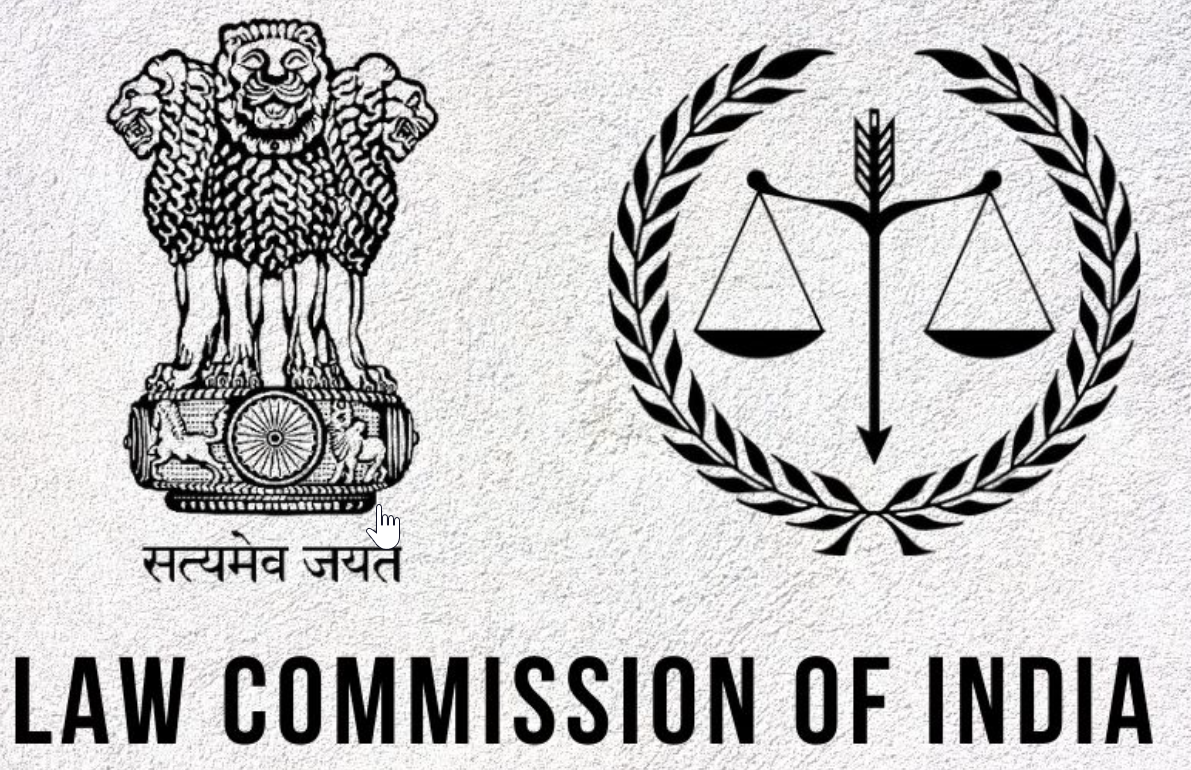Law Commission Looks into Synchronization of Local and National Elections
India held simultaneous national and state assembly elections from 1952 until 1967. However, due to early dissolution of Lok Sabha and state assemblies over the years, the elections drifted and are now held at different times. Holding separate elections leads to significant expenditure. Hence, proposals have been made to again conduct simultaneous polls.
The Law Commission’s Expanding Scope
The 22nd Law Commission is examining the feasibility of synchronizing not just Lok Sabha and state polls but also local body elections. As per media reports, Commission chairman Justice Ritu Raj Awasthi said this expands the scope, adding complexity. A panel headed by former President Ram Nath Kovind is also looking into modalities. The Law Commission is yet to finalize its report.
Ideas Under Consideration
Some ideas under consideration include:
- Having a fixed 5-year term for all elections irrespective of early dissolution of government
- In case no caretaker government can be formed, necessitating midterm polls, the new government will only serve the remaining tenure
- Holding assembly polls scheduled for a year on the same date, then syncing with next Lok Sabha polls
The aim is to give voters a chance to elect new representatives before combining state and national polls.
Past Recommendations and Concerns
In the past, bodies like parliamentary panels, NITI Aayog and past Law Commissions have supported simultaneous elections but also flagged legal and logistical difficulties. Main counterarguments include:
- Additional costs due to constitutional amendments needed
- Spreading election resources like EVMs and officials simultaneously over the country
- Perception of undermining federalism and democracy
There are also political arguments both in favor and against the proposal. Synchronizing the complex mesh of local, state and parliamentary elections involves multiple legal and logistical challenges. Concerns around costs, feasibility and impact on democratic processes have stalled past attempts. It remains to be seen if the expanded scope proposed now gets wider political consensus.
Month: Current Affairs - January, 2024
Category: Legal & Constitution Current Affairs








